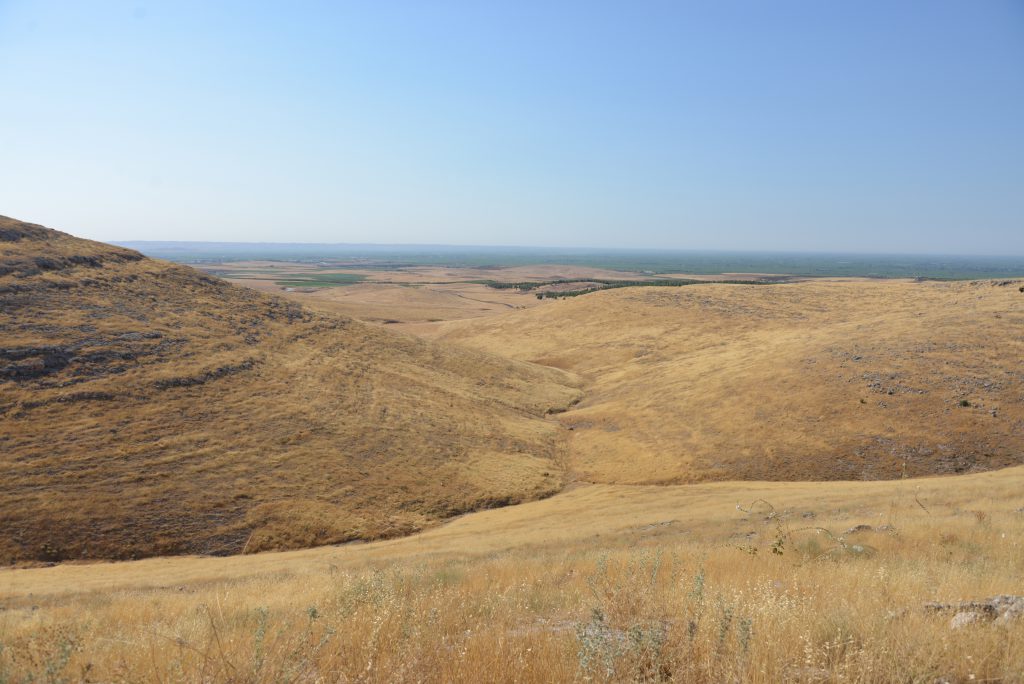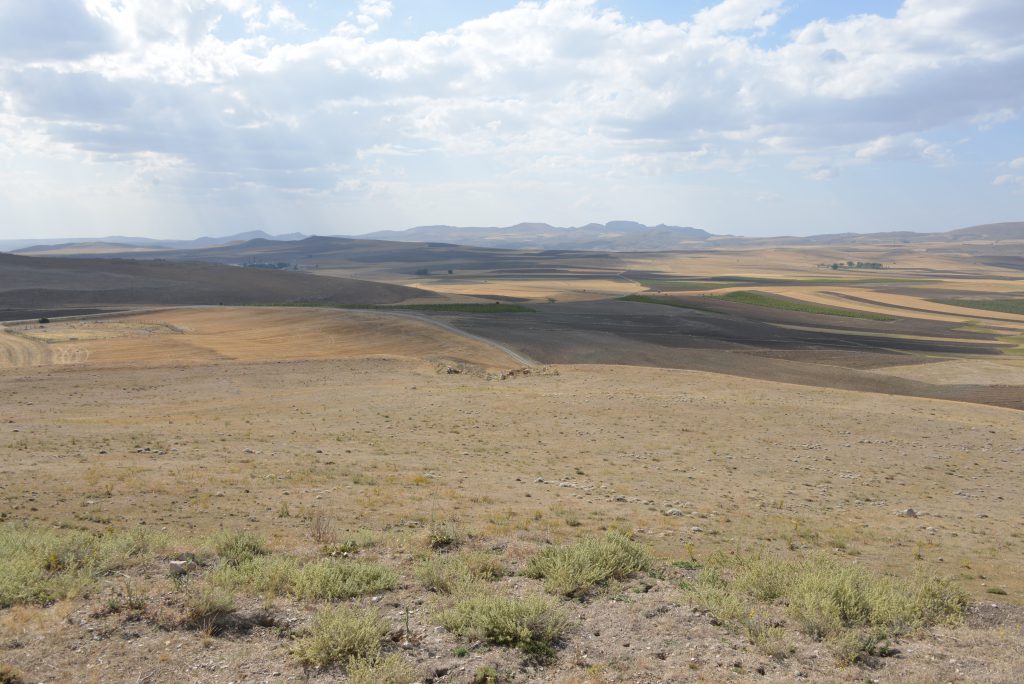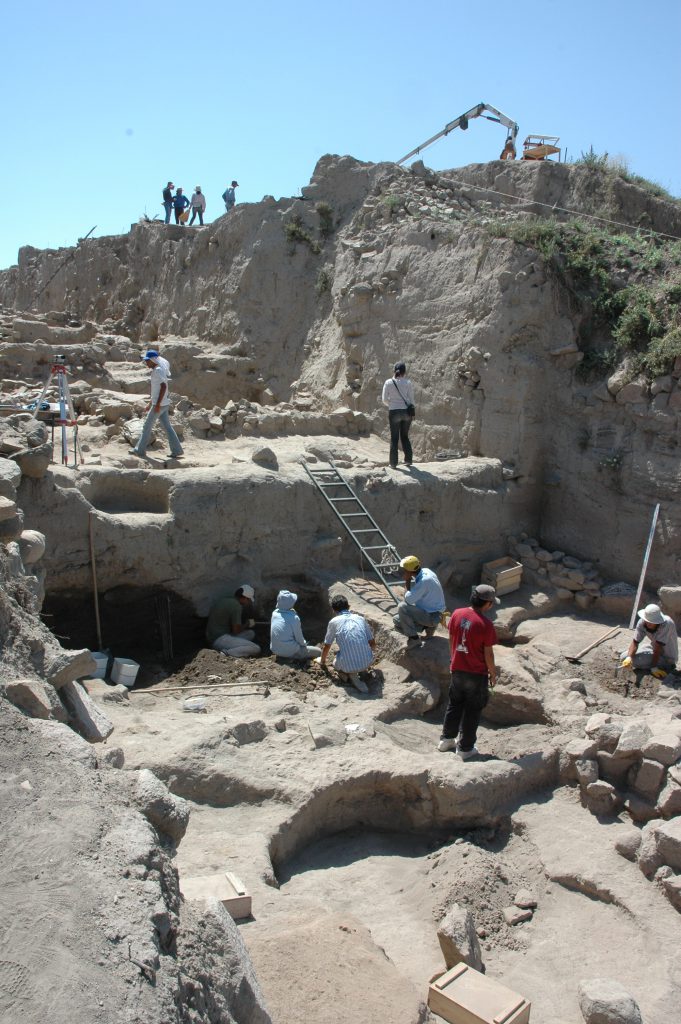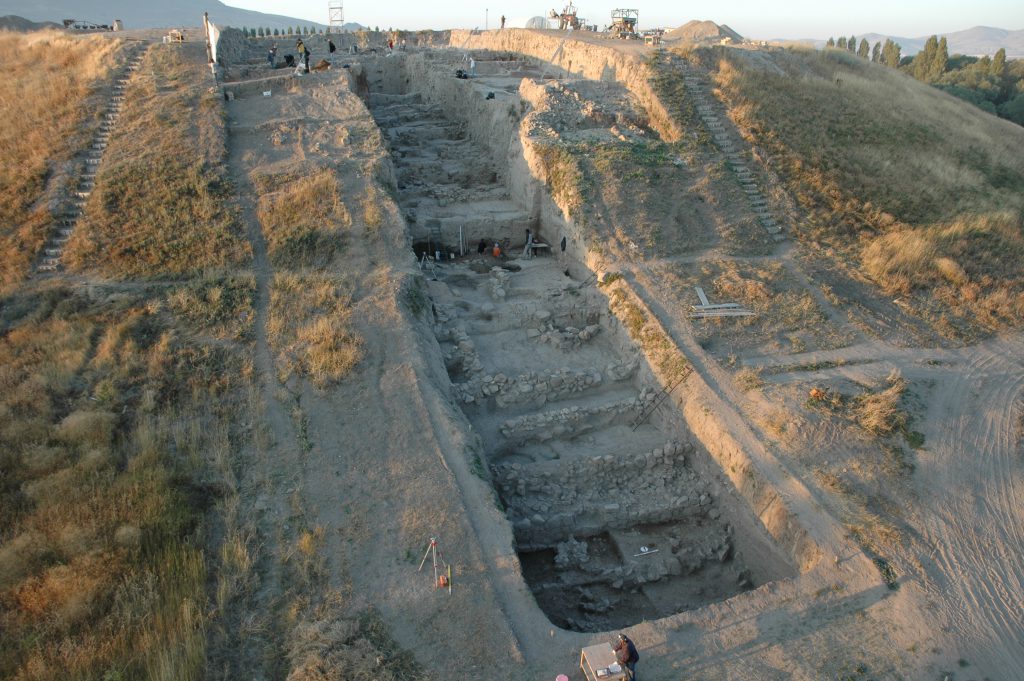Theme
Archaeology Research Unit
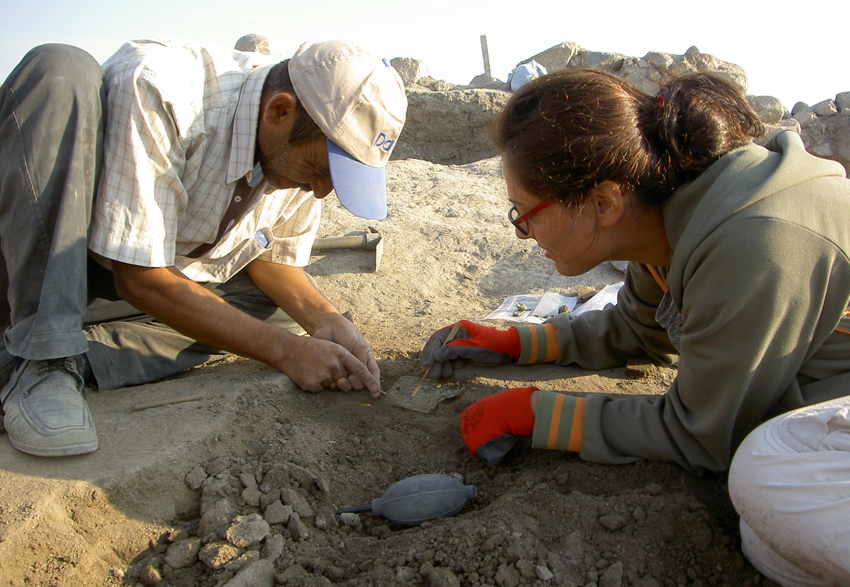
Understanding the Development of the Humanosphere and Civilizations through Archaeology
The evolution of human species during the six-million-year period has altered the earth’s geo-cosmological system considerably. Exploring natural environments and various resources, we human beings have been surviving on this planet. Amid this human-nature intertwined entanglement, our species created a diversity of technologies, cultures and social structures, ultimately an urban-civilizational strategy in each spatio-temporal context on the earth.
A history of building the Humanosphere on the earth system in a narrower sense dates back to around ten thousand years ago, when we started to control the natural spheres in an intensive and extensive manner, rather than a few recent centuries after the advent of modern industrialization.
How and why our species explored, interacted and took advantage of the earth system? And how this long and protracted history shaped our own human world up to this day? To approach this question, Archaeology Research Unit tries to understand the cultural, technological, and social processes relying on archaeological datasets from the viewpoint of the Humanosphere. Our goal is to reconstruct the human-earth history in a new scientific framework.
In particular our research unit focuses on the archaeology of Southwest Asia where early attempts to an agropastoral subsistence and advanced urban civilizations were made.
Currently we are undertaking the following research programs in Anatolia (geographical areas encompassing modern-day Turkey and neighboring regions), in close cooperation with the Japanese Institute of Anatolian Archaeology and other research organizations.
Defining Early Agropastoral Communities and the Neolithization Processes
Neolithic Period (roughly corresponding to the early¬–middle Holocene) witnessed a critical development in cereal farming and animal husbandry along with diverse related technologies. This shift in food producing subsistence also caused irreversible important changes in socio-cultural and cognitive nature of human existence. In order to study this event in the frame of human-earth relationships, we aim to collect various material data from archaeological sites and to apply interdisciplinary multi-approaches (archaeology, palaeoenvironment, geo-sciences …) to specify the backgrounds of this critical shift.
Untangling Complex Processes between Urban Societies and Material Worlds
During the mid-Holocene there emerged a group of human complex societies with different organizations across Southwest Asia. As these societies developed, how material culture production structured and its technological foundations changed remains unexplained. In addition, what motivated the regional interactions in the process of urbanization, and what kind of socio-cultural dynamism paved ways to larger political entities such as empires, and their eventual collapse? Such archaeological problems should be reconsidered not only archaeologically but also based on palaeoenviromental, metallurgical, textual, and religio-cultural evidences.


